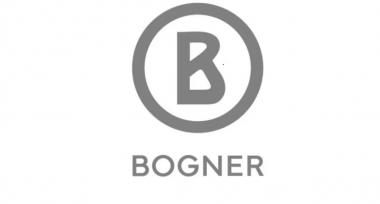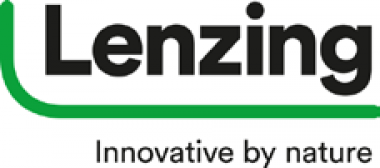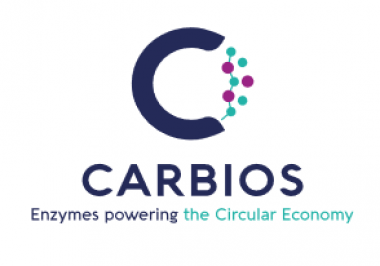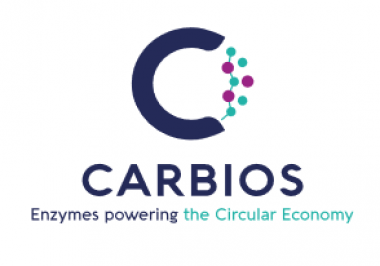BOGNER aligns management and corporate structure
- Successful repositioning: BOGNER achieves its best financial year since 2015 following the completion of the two-year performance program.
- Continuity in management: Gerrit Schneider takes over as sole CEO. Heinz Hackl, present Co-CEO, leaves the company by mutual agreement. With former CEO Andreas Baumgaertner and Andreas Gall two experienced advisors move closer to the management.
- Streamlined governance and corporate structure: Arndt Geiwitz hands the company back into the hands of the family after the successful completion of the performance program and takes over the chairmanship of the newly created advisory board. BOGNER operates with GmbH as legal form in the future.
With the financial results in 2021/22, BOGNER has achieved the most successful financial year since 2015. A key contribution to this was provided by the performance program developed with the management consultancy EY Parthenon in July 2020. Since then, it was implemented as planned and successfully promoted profitability and sustainable global growth. In order to create the ideal framework conditions for further success, BOGNER is now simplifying its management, governance and corporate structures.
Gerrit Schneider takes over as sole CEO
Gerrit Schneider, Co-CEO of BOGNER since April 2020 and responsible for Finance, Legal, IT, Operations and HR, will take over the sole CEO role of BOGNER with immediate effect. Heinz Hackl, present Co-CEO of BOGNER and currently responsible for Sales, Design, Marketing and Licensing, will leave BOGNER by mutual agreement.
The former BOGNER CEO Andreas Baumgaertner (2017-2020) will move closer to the management for all product- and design-specific topics and will intensify his advisory role. He has already advised the company in the background in recent years and will now accompany and help to shape the future direction of the brand even more closely. As for the external media presence, BOGNER secures further know-how and experience with Andreas Gall, the former founding CEO and Chief Innovation Officer (CINO) of Red Bull Media House.
Streamlined structures with end of trusteeship and new active advisory board
In addition to the management, BOGNER is also refining its governance structures: With the successful completion of the performance programm, trustee Arndt Geiwitz has achieved the goal he has set together with management and family to bring BOGNER in a strong position. Now he returns the company back to the family. Arndt Geiwitz will remain closely associated with BOGNER and will accompany the company in its further development as Chairman of the newly created advisory board.
Furthermore, BOGNER changes the legal form of the company to a GmbH (limited liability company) and merges individual group companies as part of this step. This simplifies the corporate structures and reduces complexity. As part of this adjustment, BOGNER is setting up an advisory board with supervisory function. The advisory board, staffed with experienced personalities, will advise the management comprehensively on the strategic direction, function as a sparring partner and serve as a supervisory body. In addition to Arndt Geiwitz as Chairman, Christian Laus, a long-standing advisor of the Bogner family and Managing Director of BOGNER Film GmbH, will become a member of the advisory board. Furthermore, Dr. Daniel Heine, Managing Director of Patrimonium Asset Management AG, will join the advisory board. A private debt fund of Patrimonium Asset Management AG as strategic financing partner and BOGNER have signed financial agreements to replace the loan agreement concluded with various banks as part of the performance program.
Willy BOGNER GmbH






























